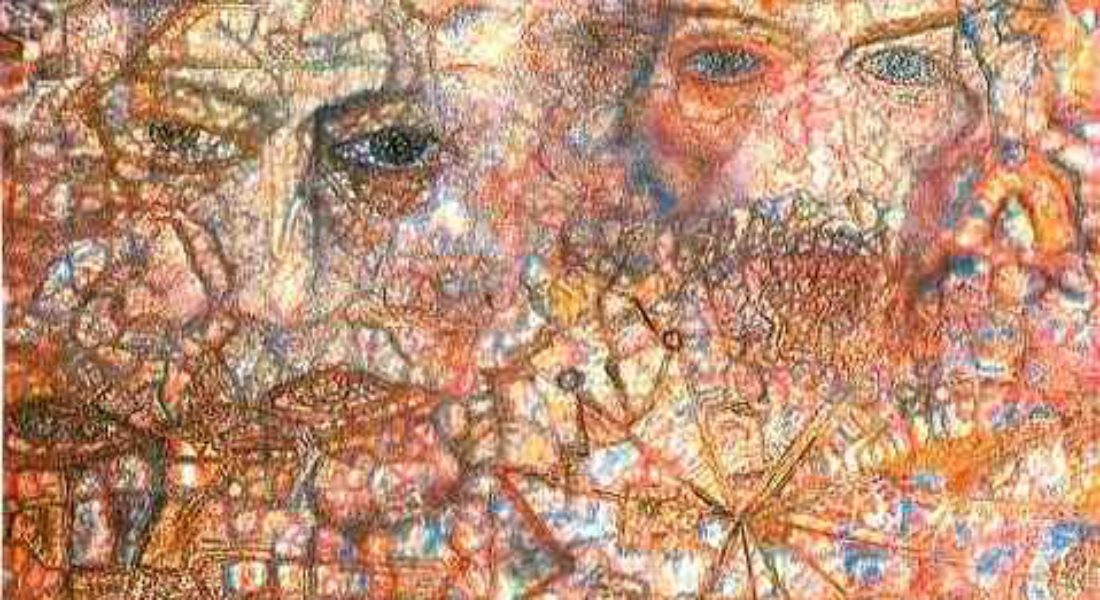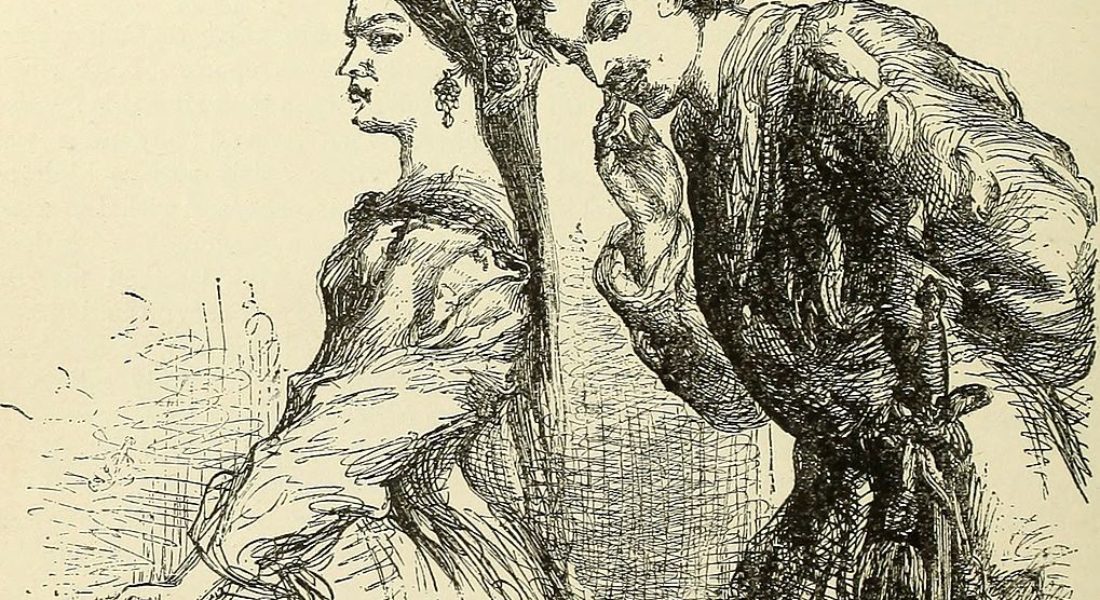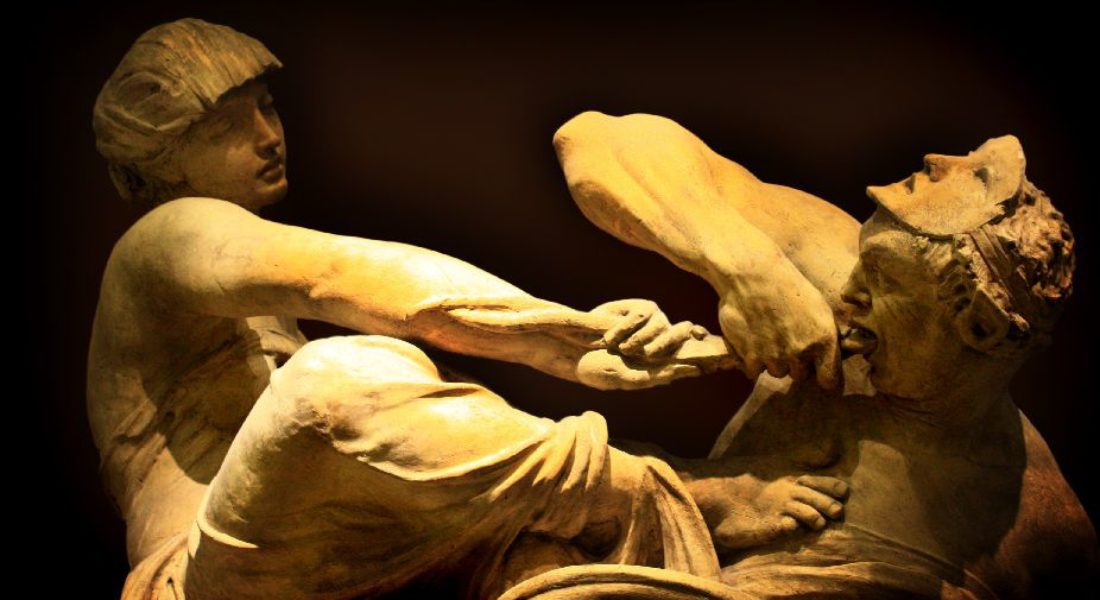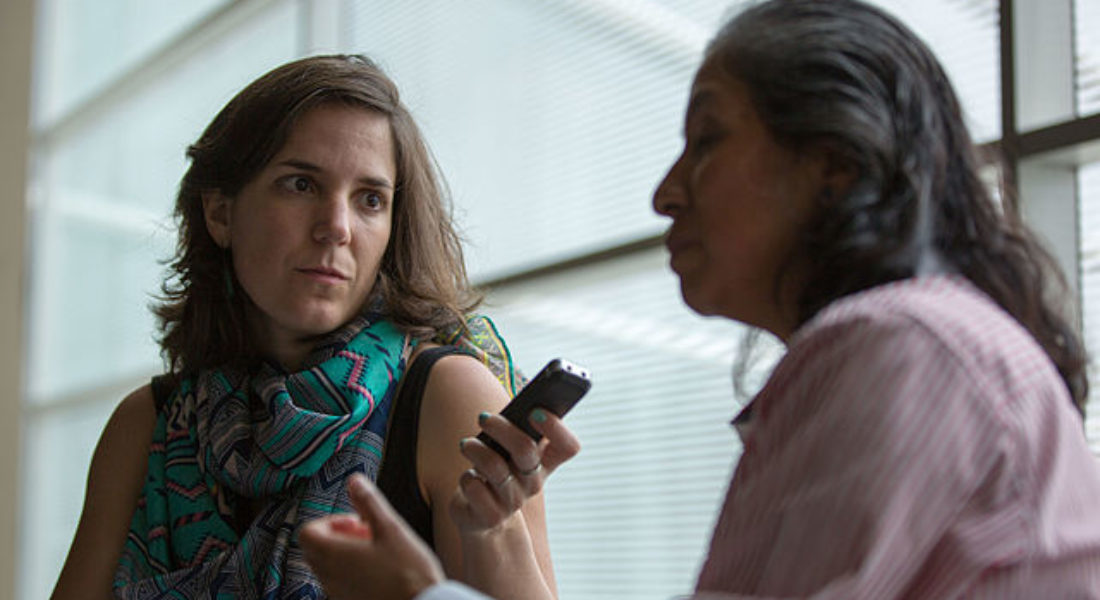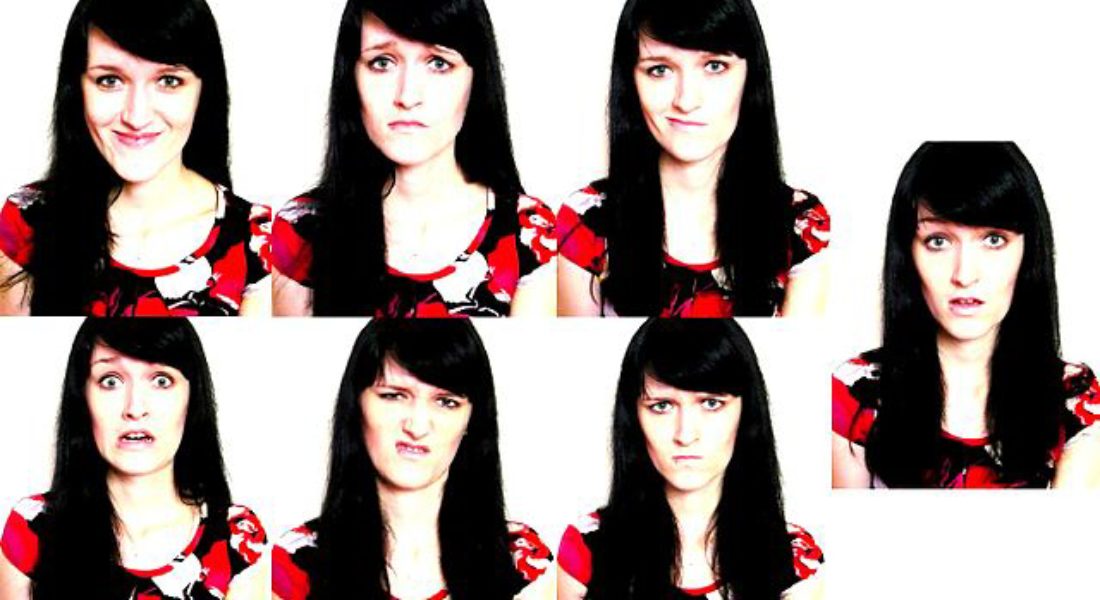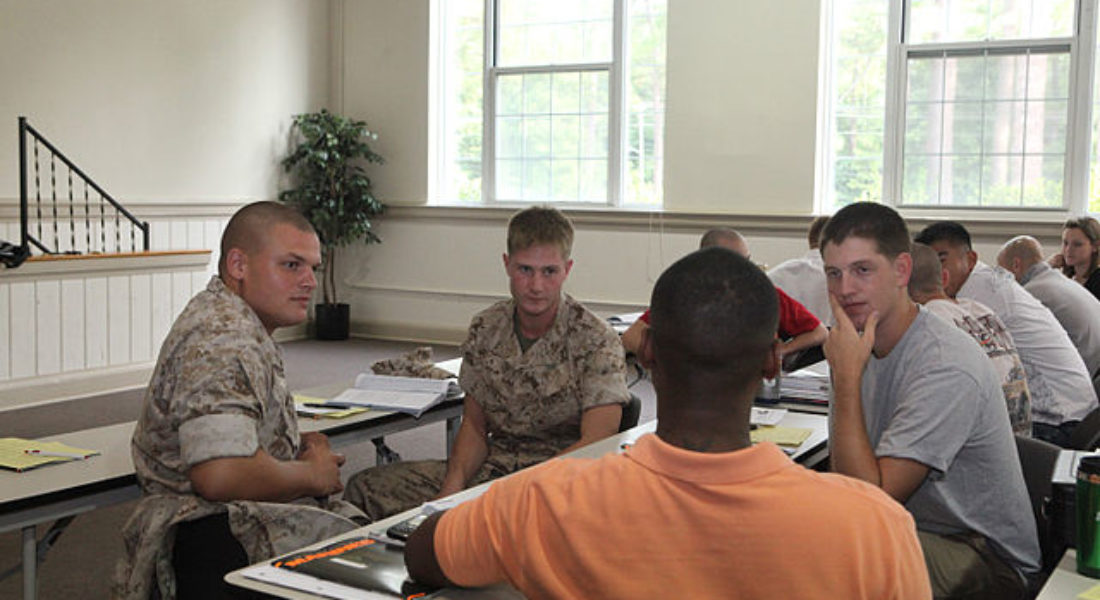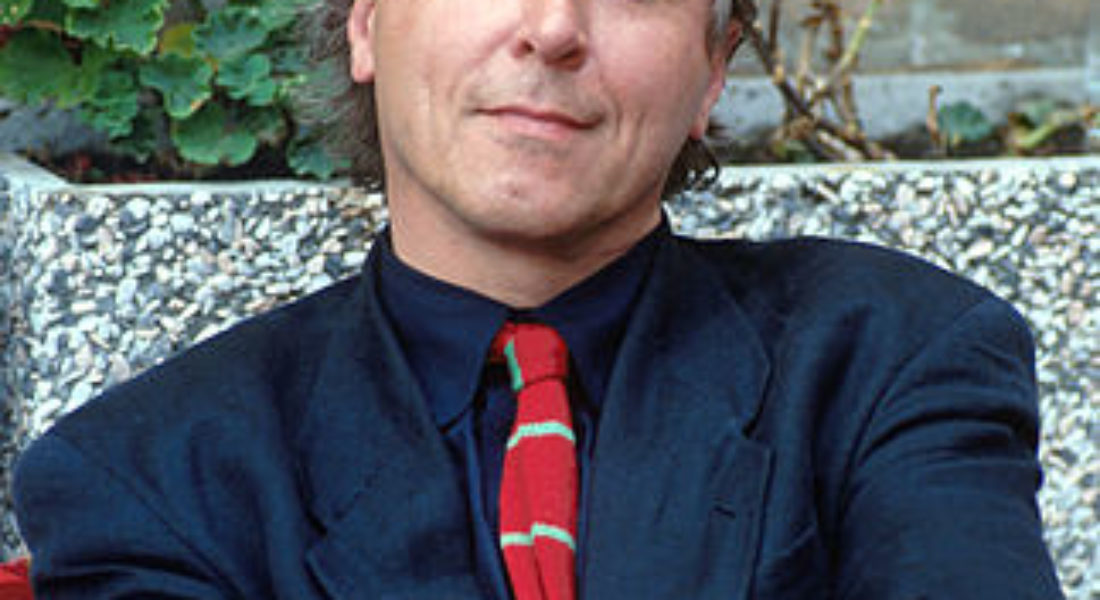Interviewing is the most skillful component of any investigation! Whether you are engaging in a routine or suspected fraudulent claim inquiry, questioning someone under oath, screening someone as a new-hire or for promotion or if you are gathering information for a business deal or a personal issue,
Read more →Last month you were introduced to deception detection expert Pamela Meyer who is a Certified Fraud Examiner (CFE) and an expert and leader in the field of detecting physical, verbal and written deception patterns. Her research has found that trained “liespotters” can identify falsehoods over 90% of
Read more →Pamela Meyer is a well known and well respected deception detection expert. She is a Certified Fraud Examiner (CFE) and holds an MBA from Harvard. Several years ago, she wrote a bestseller on the subject, Liespotting. For many years she has studied and researched the relationships of
Read more →The two best ways to identify lying are, first, understand and appreciate that it occurs frequently. Raising awareness and recognizing the threat is critical. Second, embrace training that will help you recognize warning signs, and then employ detection techniques when you review, prepare and question! German philosopher
Read more →Great listening skills are just one spoke in an interviewer’s wheel. Listening is integral to the whole process, but follow up is essential to proceed to the truth. Here are some of the most important follow up techniques to add to your toolbox: Show Encouragement! When your
Read more →To be an effective interviewer, you must be a good listener! Witnesses, job applicants, coworkers, family members and friends know when you are not listening/paying full attention to them. This can cause a negative emotion, and it has a definite impact on how someone answers and relates
Read more →Whether taking a statement under oath, conducting a non-accusatory interview, a job related screening or engaging in a business related or casual conversation, recognize that a significant percentage of those being questioned will intentionally edit, exaggerate, minimize and/or misrepresent something. One of the best ways to identify
Read more →In a previous BCW Newsletter topic relating to nonverbal behaviors, I referenced psychologist Paul Ekman who has spent his career examining the relationship between facial expressions and deceptive remarks. As a student of the art of interviewing, you should be aware of his key findings: Facial expressions
Read more →Good interviewers certainly must ask the right questions, but they also must think about the answers in terms of what is said, what is not said and what they observe. If you follow this approach, you will have a much better chance in detecting deceptive responses and
Read more →Learning to distinguish between natural and unnatural nonverbal behaviors is a critical skillset for effective interviewing. Over 140 years ago, Charles Darwin postulated that mammals reliably show emotion in their faces, and over 50 years ago psychologist Paul Ekman, confirmed Darwin’s theory with his studies relating to
Read more →